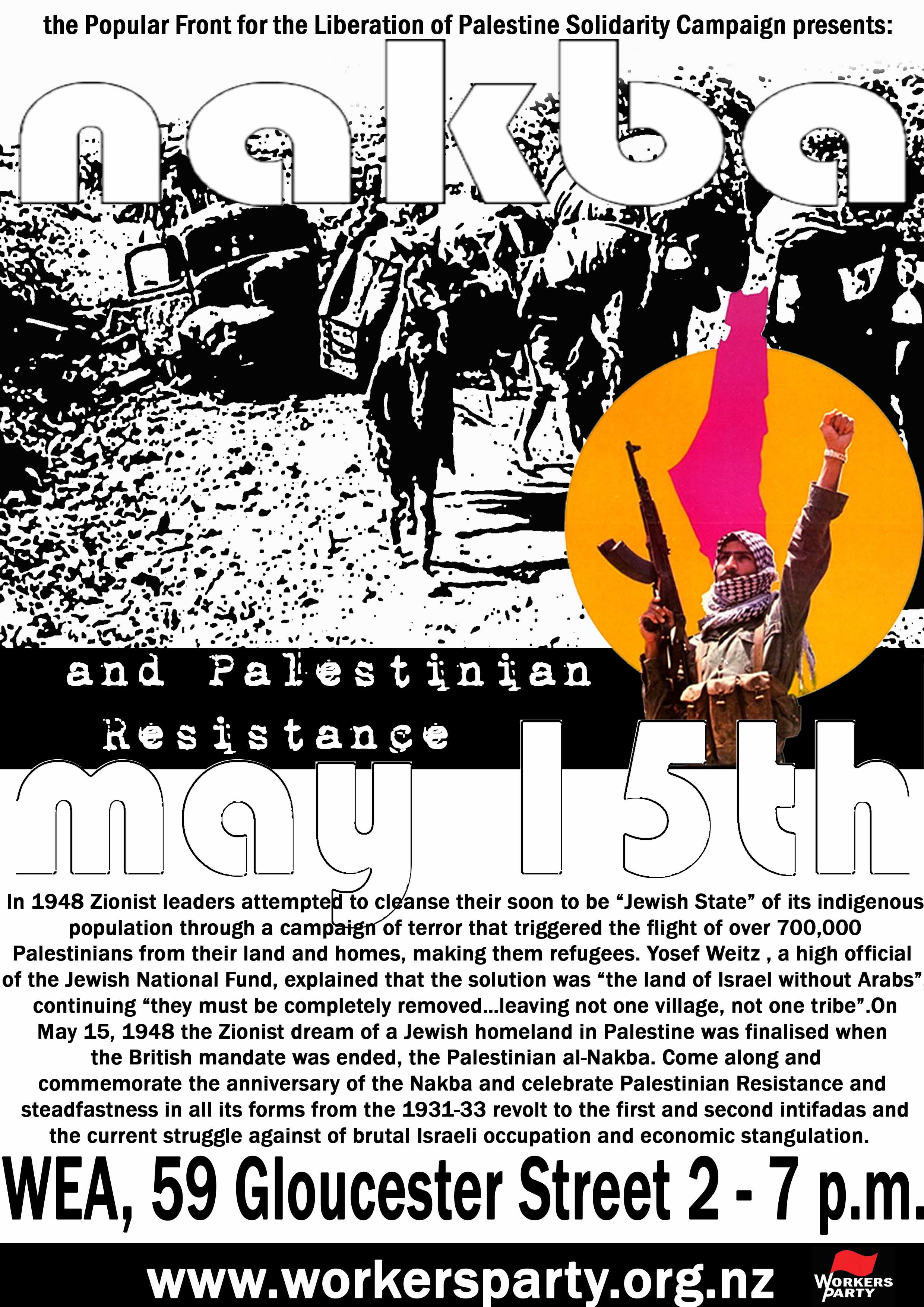Oppose Strike Ballot Law
By Mike Kay
A Private Member’s Bill introduced by the National Party MP Tau Henare has been drawn from the ballot to be debated in Parliament. The Bill proposes to amend the Employment Relations Act as follows:
“A strike may not proceed under this Act, unless the question has been submitted to a secret ballot of those employees who are members of the union that would become parties to the strike if it proceeded.”
The Council of Trade Unions has announced its “support in principle” for the bill, “as it largely reflects current practice.”
The British experience may be of some use in analysing the effect of secret ballots. Over there, the law has required a secret ballot prior to strike action for nearly 30 years. I asked an official with the Postal section of the Communication Workers Union his opinion on the issue. This is his response:
What the secret ballot does is slow things down and makes it impossible to take spontaneous official action as a response to something immediate. What tends to happen then with our members is that they walk out unofficially. We are required as a Union to formally repudiate this action, which we always do but no-one has ever taken any notice of this.
The problem with strike ballots is the law that surrounds them and the way judges interpret this. Recently both we and Unite have run into trouble with the law concerning the information you have to provide to the employer on who is going on strike. This has become ever more onerous and now requires us not just to provide names but grades and details of workplace. With the best will in the world, this is impossible to get exactly right but judges are becoming less tolerant about errors in the face of injunctions from the employer.
In summary, therefore, it’s not the secret ballot itself that’s the major issue. Most members would probably resist any move to take it away now. It’s the rules surrounding its application and who is in charge of drawing them up. If it’s the Union itself, then no problem. If it’s the state or the courts then they will certainly be designed to make striking more difficult.
Unite union in Britain (not connected with Unite in NZ) is currently in dispute with British Airways over the employer’s plans to cut 1,700 jobs, impose a two-year wage freeze and get cabin crew working longer for less. When union members were balloted in December for a planned 12 day strike over Christmas, they supported strike action by 92% on an 80% turnout. BA then used the High Court to have the strike ruled illegal on the basis of a spurious technicality relating to the balloting process.
Unfortunately, not all workers have the same level of confidence as the posties, who often defy such decisions. The Unite action was suspended while a second strike ballot was taken. The new result was still impressive, although unsurprisingly the loss of momentum meant that the “yes” vote dropped by around 10%.
This brief look at the situation in Britain indicates that the CTU has been very complacent by endorsing Henare’s bill. Even if the bill does reflect the current status quo, it is far better that the law remains silent on the matter (as it is now), than give the employers an opportunity to challenge strike ballots through the courts.
The CTU also ignores an important point of working class principle; unions are workers organisations and should be run by workers from top to bottom. The form of union processes should be a democratic decision for union members, not National party hacks.
We need a movement willing and capable of launching a militant campaign for positive workers’ rights, including the unrestricted right to strike. The CTU has proven once again that it has no intention of leading such a movement.
DVD Review: Looking For Eric (Dir: Ken Loach, 2009)
Mike Kay
“It all began with a beautiful pass from Eric Cantona.” So begi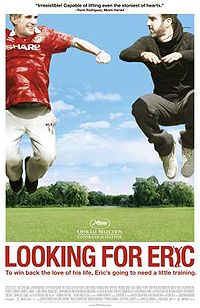 ns the latest film from socialist film maker Ken Loach.
ns the latest film from socialist film maker Ken Loach.
From the movie’s outset, it is clear that Eric the postie is languishing in life’s relegation zone: estranged from his wife, unable to handle his teenage tearaway stepsons and contemplating suicide. In desperation, he raids his stepson’s marijuana stash, and after a couple of crafty tokes, he is astonished to discover that footballing legend Eric Cantona has appeared in his Manchester United-adorned bedroom. Cantona then proceeds to dispense considerate advice along with soupçons of his Gallic philosophy. Continue reading “DVD Review: Looking For Eric (Dir: Ken Loach, 2009)”
Kiwis first or workers first?
Below are extracts from two arguments taken from the discussion section of this website:
Phil Toms says:
I find your inability to empathise with your own tribe, those who share your culture, society, economy, welfare, accent, genes, a little breathtaking. Our economy, like that of Iceland or Greece, is vulnerable to sovereign bankruptcy. Germany has suggested Greece should sell some of its islands, which would lead to Greece actually being smaller.
This, I suppose is of no concern to you, capitalists selling to capitalists, but in the world we have to live in, if our economy shrinks we get poorer. It makes little difference whether it is an American capitalist corporation or a Chinese capitalist corporation, and perhaps it is you who imagine a difference. A company registered in the Cayman Islands does so to avoid paying tax where it actually does business, depriving that country of income, which translates into public money. Continue reading “Kiwis first or workers first?”
The Search and Surveillance Bill: A Threat to Our Civil Rights
Cameron Walker, Published in Craccum 19 April 2010
National Day of Action against the Search and Surveillance Bill: April 24
On Saturday 24th April there will be protests around the country against the Search and Surveillance Bill. The Auckland protest will start at 2pm, opposite the Town Hall, Queen Street.
The Search and Surveillance Bill is a law currently being debated by the New Zealand Parliament. According to its supporters, such as the National and Labour Parties, it is necessary because New Zealand’s laws relating to search and surveillance powers are currently spread across a large number of statutes and it would make things much easier for the Police and other state agencies if they were all put in one statute. However, the Bill not only does this but also creates a number of new powers for state agencies to monitor, search and detain people. 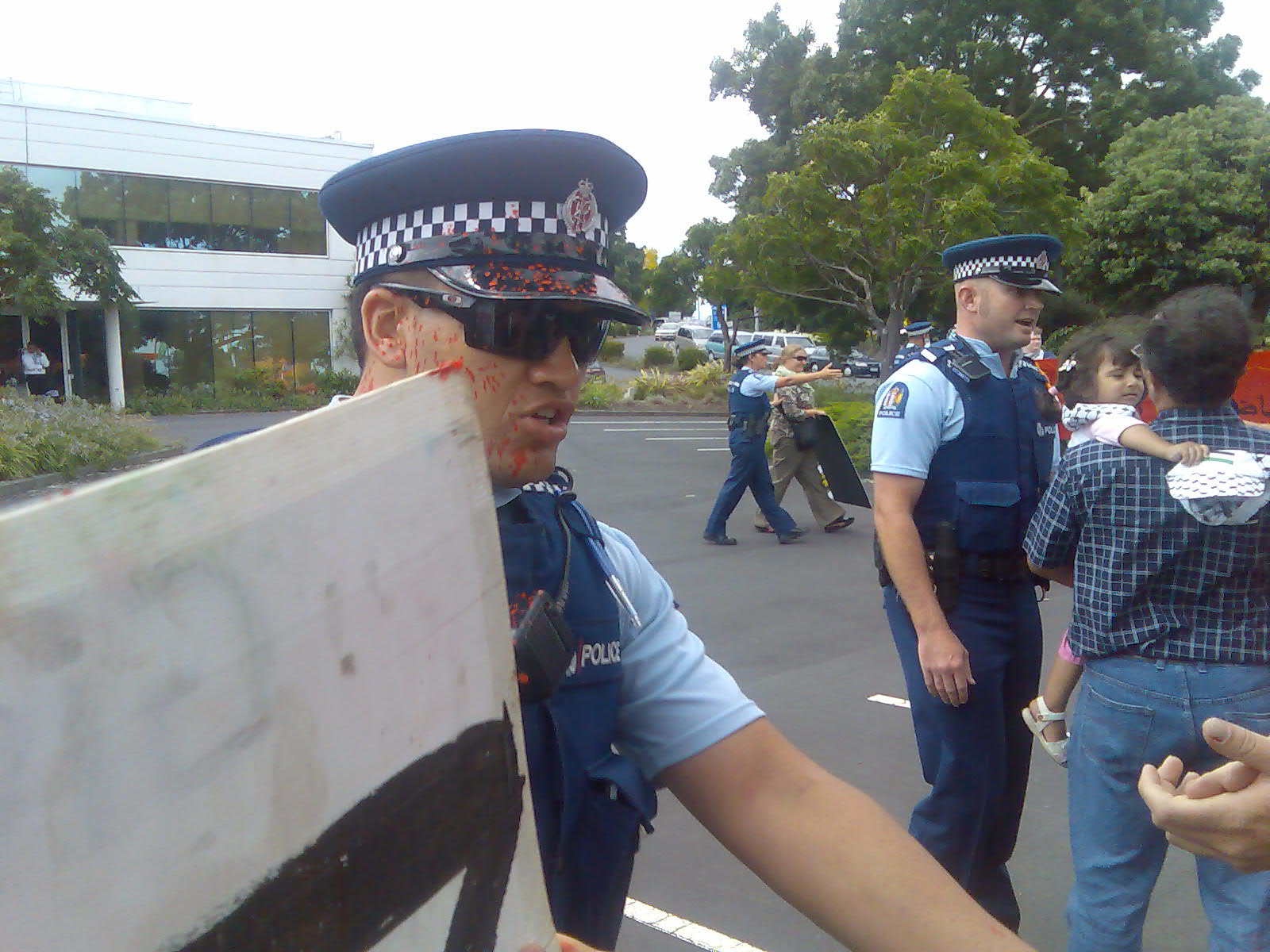 The Auckland Council for Civil Liberties refers to it as ‘perhaps the greatest single expansion of state powers of entry, seizure and surveillance in New Zealand history’. Bizarrely the new powers are not just granted to the Police but also 70 other state agencies, including the Pork Board and Work and Income NZ (WINZ). At its first reading in Parliament only the Greens voted against it. Continue reading “The Search and Surveillance Bill: A Threat to Our Civil Rights”
The Auckland Council for Civil Liberties refers to it as ‘perhaps the greatest single expansion of state powers of entry, seizure and surveillance in New Zealand history’. Bizarrely the new powers are not just granted to the Police but also 70 other state agencies, including the Pork Board and Work and Income NZ (WINZ). At its first reading in Parliament only the Greens voted against it. Continue reading “The Search and Surveillance Bill: A Threat to Our Civil Rights”
India – Stop Operation Green Hunt
PROTEST 12 midday Thursday 29 April
High Commission of India, 180 Molesworth Street, Wellington
India is at war. The government calls it ‘Operation Green Hunt’, and has sent tens of thousands of armed police and paramilitary troops to the vast forest region of Dandakaranya.
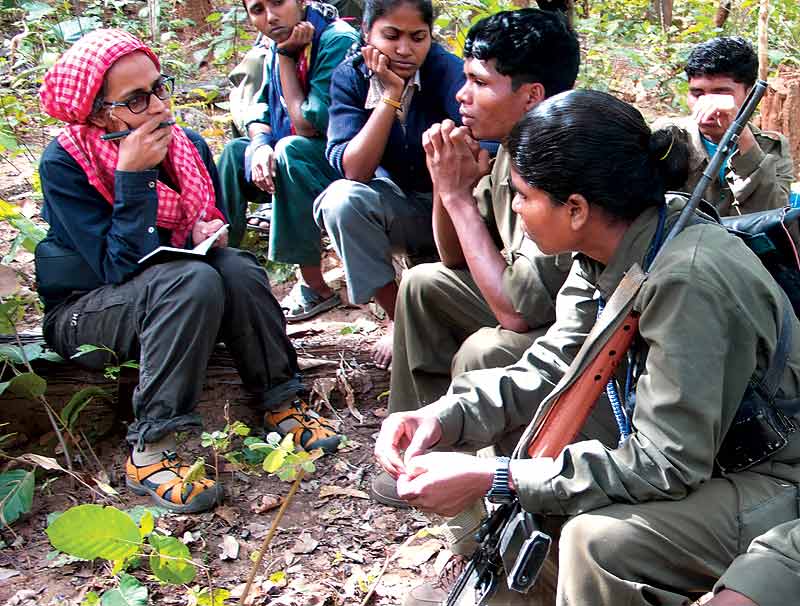
There are two Indias – one is the new high tech economy; the other is the 800 million people who still live in poverty. The poorest of the poor are tribal people in the forests. Over the last thirty years they have joined India’s revolutionary Maoists and set up democratic organisations and a People’s Liberation Guerrilla Army (PLGA). The territory they are active in has been dubbed ‘the Red Corridor’. Continue reading “India – Stop Operation Green Hunt”
BULLIED YOUR BOSS LATELY?
Don Franks
According to a feature in today’s Dominion Post, “one in five Kiwi workers suffer from workplace bullying, one of the worst rates in the world”.
The claim’s made by a Minister of Labour commissioned university survey, released on 16/4/2010.
A joint university research team – from Auckland, Waikato, Massey and London – polled more than 1700 workers from the health, education, hospitality and travel sectors asking how frequently they were exposed to “negative acts” at work.
Overall 17.8 per cent of respondents were identified as victims of bullying.
The international range was claimed to be between 5 per cent and 20 per cent. Continue reading “BULLIED YOUR BOSS LATELY?”
India's Maoist spokesman interviewed in The Hindu
The Communist Party of India (Maoist) is a banned revolutionary party leading a revolutionary movement which has support in more than a third of the country.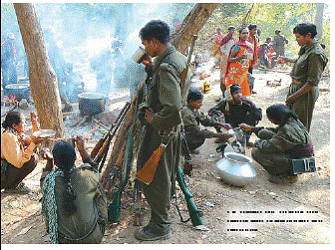
The party’s spokesman, Azad, has been interviewed by The Hindu, a widely read publication. In this interview Azad talks in detail about the armed struggle, how and why it developed.
You can download the interview here: Azad’s Interview with The Hindu
or read it on line here:
http://beta.thehindu.com/news/resources/article396694.ece
Wgtn: Ben Peterson speaks on Nepali revolution
[youtube=http://www.youtube.com/watch?v=m-5_JB0mQ9U]
Christchurch’s free health center to close
The Spark April 2010
Byron Clark
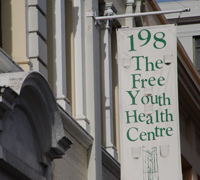 Christchurch’ s free youth health center known as 198 is likely to close at the end of this month due to a funding shortfall. The center has delivered health services to young people since 1995. In 2008-09 the center received $553,087 from the District Health Board but it was forecast to receive the lesser amount of $461,114 this year and unable to find alternative funding to make up the difference and will be facing bankruptcy if it doesn’t close. Continue reading “Christchurch’s free health center to close”
Christchurch’ s free youth health center known as 198 is likely to close at the end of this month due to a funding shortfall. The center has delivered health services to young people since 1995. In 2008-09 the center received $553,087 from the District Health Board but it was forecast to receive the lesser amount of $461,114 this year and unable to find alternative funding to make up the difference and will be facing bankruptcy if it doesn’t close. Continue reading “Christchurch’s free health center to close”

